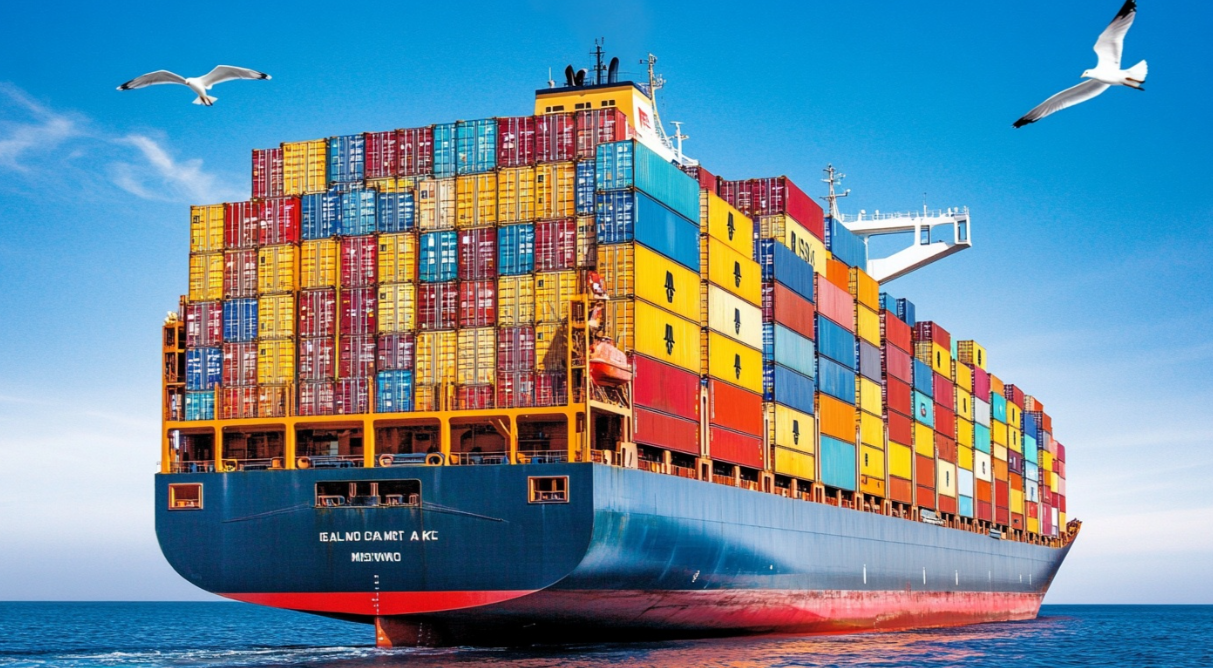This comprehensive guide will walk you through the critical questions to ask before hiring a leading freight agency, offering valuable insights, real-world examples, and best practices to help you make an informed decision.
Why Choosing the Right Freight Agency Matters
Before diving into the essential questions, it’s important to understand the impact of choosing the right freight agency. A reputable and experienced freight partner can help streamline your shipping processes, reduce transit times, and ensure safe and secure transportation of goods. On the other hand, a poor choice can lead to unnecessary delays, financial losses, damaged cargo, and customer dissatisfaction.
Partnering with a freight agency isn’t just about moving goods from one place to another; it’s a strategic decision that influences your supply chain efficiency, profitability, and reputation in the market.
Key Questions to Ask Before Hiring a Leading Freight Agency
1. What Are the Contract Terms and Conditions?
Understanding the contract terms and conditions is one of the most crucial steps before signing an agreement with a freight agency. The freight agency contract outlines the commitments, rights, and obligations of both parties, ensuring transparency and accountability.
Key Contract Considerations:
- Pricing Structure: Does the freight agency provide a clear breakdown of costs, including base rates, surcharges, fuel fees, and additional charges?
- Payment Terms: What are the payment deadlines, late fees, and accepted payment methods?
- Termination Clauses: What happens if you want to terminate the contract early? Are there penalties or notice period requirements?
- Service-Level Agreements (SLAs): What delivery timelines, transit guarantees, and penalties for delays are outlined?
Example:
A manufacturing company partnered with a freight agency without thoroughly reviewing the termination clauses. When service quality declined, the manufacturer was unable to switch providers without incurring high penalties. This caused unnecessary financial strain.
Key Takeaway: Always review and negotiate freight agency contract terms before making a commitment.
2. What Liability Coverage is Provided?
Freight transportation involves risks such as accidents, cargo damage, loss, or theft. Ensuring that the freight agency offers sufficient liability coverage can save your business from potential losses.
Types of Liability Coverage:
- Carrier’s Liability: Covers losses caused by the negligence of the carrier but is often limited in coverage amount.
- Freight Insurance: Full-value insurance covering the total cost of the goods in case of damage, regardless of fault.
- Contingent Cargo Insurance: An additional layer of protection if the primary insurance fails to cover a claim.
Case Study:
An e-commerce retailer experienced significant financial losses when fragile electronic devices were damaged during transit. The freight agency had only minimal liability coverage, which did not fully compensate the losses. After this incident, the retailer ensured comprehensive cargo insurance for future shipments.
Key Takeaway: Always clarify the extent of liability coverage and consider purchasing additional freight insurance for high-value shipments.
3. What Communication Protocols are in Place?
Clear, effective communication is essential for smooth logistics operations. Before hiring a freight agency, inquire about their communication protocols.
Important Questions to Ask:
- How will you receive shipment updates? Do they provide real-time tracking, email notifications, or phone support?
- What happens in case of delays or issues? Who is the point of contact, and how quickly do they respond?
- Do they offer 24/7 customer support? Freight operations often run around the clock, so availability is important.
Example:
A global electronics firm struggled with delayed response times from a freight agency, leading to confusion regarding shipment statuses. They later switched to an agency that offered real-time GPS tracking and proactive updates, significantly improving operational efficiency.
Key Takeaway: Ensure that the freight agency provides reliable and transparent communication to minimize logistical disruptions.
4. How Does the Freight Agency Handle Critical Situations?
Shipping freight involves numerous external factors such as weather disruptions, mechanical failures, port congestion, and customs delays. A leading freight agency should have well-defined contingency plans.
Questions to Ask:
- How do they handle unforeseen delays?
- Do they offer alternate routing options during disruptions?
- What is their track record in dealing with unexpected problems?
Case Study:
A furniture exporter faced major delivery disruptions due to a dockworkers’ strike. Thanks to their freight agency’s proactive rerouting strategy, they were able to use alternate ports to meet their customer’s delivery deadlines, preventing significant losses.
Key Takeaway: Partner with a freight agency that has proven crisis management and contingency planning systems in place.
Technology and Innovation in Freight Management
1. Does the Freight Agency Use Advanced Tracking and Management Systems?
Technology-driven freight agencies offer real-time tracking, automated documentation, and data analytics for better decision-making.
Key Features to Look for:
- GPS Tracking: Live tracking of shipments for transparency.
- Automated Freight Management Systems: Reduces manual errors and improves efficiency.
- Data Analytics: Provides insights for optimizing routes, costs, and service performance.
2. How Do They Ensure Cybersecurity for Data Protection?
If the freight agency deals with sensitive business data, their cybersecurity measures should be robust.
- Do they have secure data encryption and protection policies?
- How do they handle client information and documentation security?
Example:
A pharmaceutical company experienced a data breach with a previous freight provider, risking sensitive supply chain information. Switching to an agency with enhanced security protocols prevented future incidents.
Key Takeaway: Always choose a freight agency that incorporates secure technology to ensure smoother and safer freight management.
Sustainable Practices in Freight Transportation
Questions to Ask About Sustainability:
- Does the agency use fuel-efficient transportation methods?
- How do they minimize carbon footprints in shipping operations?
- Do they offer sustainable packaging solutions?
Example:
A fashion retailer partnered with a freight agency that used electric delivery vehicles and optimized fuel-efficient routes, reducing shipping-related carbon emissions.
Key Takeaway: Hiring a freight agency with sustainable practices can enhance your corporate sustainability goals while benefiting the environment.
Final Thoughts
Hiring a leading freight agency is a strategic decision that requires careful evaluation. By asking the right questions about contract terms, liability coverage, communication processes, technology integration, and sustainability practices, you can select a freight partner that aligns with your business needs.
A well-chosen freight agency can enhance your supply chain, reduce operational risks, and ultimately contribute to long-term business success. Take your time, evaluate multiple options, and partner with a reliable agency that will help you achieve efficiency and growth in global transportation.




